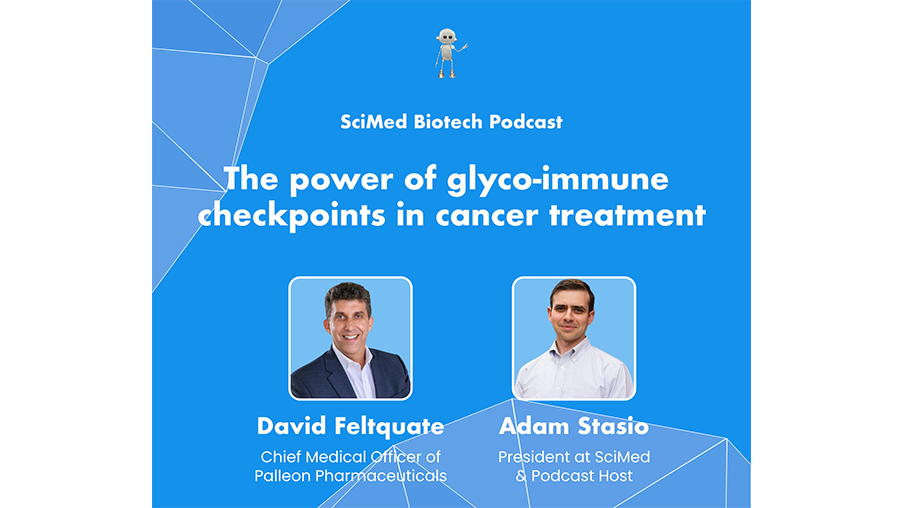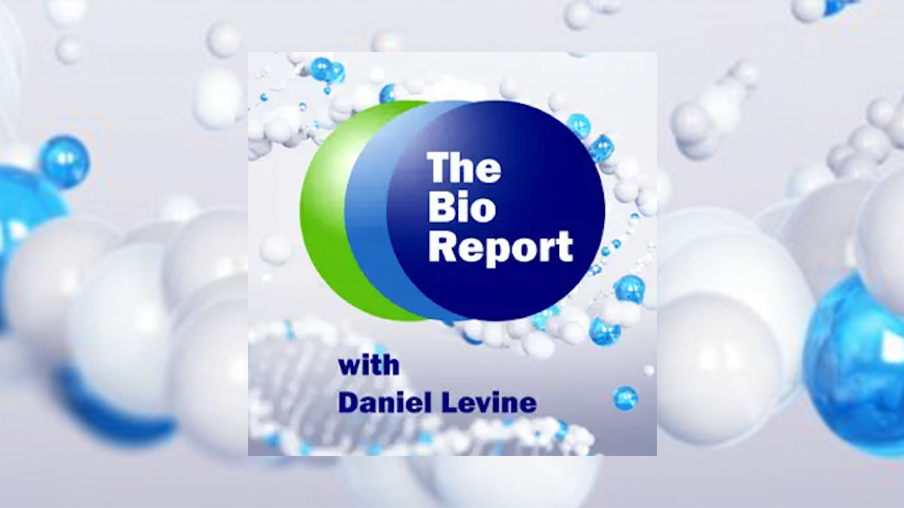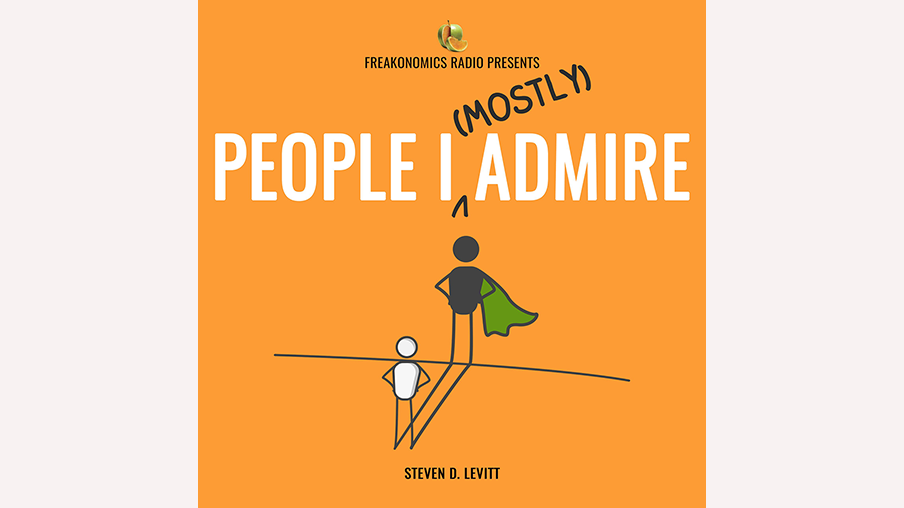Glycobiology is a scientific discipline that intersects with many other areas of biological and chemical sciences. The scientific landscape of glycobiology is rapidly evolving, as its tools become more accessible and research interest grows.
To support information-sharing in this scientific space, as well as to provide a starting place for getting up to speed on glycobiology, we have assembled these resources.
Hear from the Experts
Learn more about our science directly from Palleon’s Co-Founder and Nobel laureate Carolyn Bertozzi, Scientific Advisor James Paulson, and Palleon CMO David Feltquate.
Nobel laureate Carolyn Bertozzi discusses the science of glyco-immunology with Brad Loncar
Dr. Bertozzi discusses the invention of bioorthogonal chemistry as well as the field of glycobiology, describing how certain types of cell surface glycans play an important role in immune modulation in cancer and how Palleon is working to create medicines that will disrupt immunosuppression caused by these "sugars."
Carolyn R. Bertozzi, Nobel Prize in Chemistry 2022: Nobel Prize Lecture
Carolyn Bertozzi discusses the discovery of bioorthogonal chemistry, the innovation that led her to win the 2022 Nobel Prize in Chemistry, which enabled foundational discoveries in glycobiology and supported Palleon’s pioneering of a new area of drug development.
SciMed Biotech Podcast with David Feltquate of Palleon Pharmaceuticals
Palleon's Chief Medical Officer David Feltquate speaks on the SciMed Biotech Podcast to discuss the power of glyco-immune checkpoints in treating cancer.
Targeting Sugars that Let Cancers Evade the Immune System
Palleon CMO David Feltquate discusses our glyco-immunology platform and its potential to treat cancer and inflammatory disease.
Leading a New Approach in Immuno-oncology
Palleon Co-founder Carolyn Bertozzi discusses the fundamentals of what glyco-immune checkpoints are and why they’re essential to immuno-oncology.
Sialoglycan-Mediated Immune Regulation: Glycobiology Meets Immuno-Oncology
At this mini-symposium Palleon Chief Medical Officer David Feltquate, Co-Founder Carolyn Bertozzi, and Scientific Advisor James Paulson discuss recent discoveries that highlight the connection between glycoscience and immuno-oncology.
TED Talk: What the sugar coating on your cells is trying to tell you
Palleon Co-founder Carolyn Bertozzi talks about how sugars on cancerous cells interact with (and sometimes trick) your immune system.
Stripping the Sugar Coating Off Cancer
Carolyn Bertozzi explains the presence of sialic acid sugar coatings on cancer cells and how stripping them can help immune cells better identify cancer for destruction.
Essential Reading
Understanding the science and the potential therapeutic promise of glycobiology.
Glycoscience fuels a new breed of cancer immunotherapy
 Chemical & Engineering News
Chemical & Engineering News
Essentials of Glycobiology
 National Library of Medicine
National Library of Medicine
Scientific Literature
A selection of key publications in glycobiology.
Targeting cancer glycosylation repolarizes tumor-associated macrophages allowing effective immune checkpoint blockade
Michael Stanczak, Heinz Laubli, and Palleon scientists demonstrated that removal of sialic acid ligands in the tumor microenvironment using an enzyme-antibody conjugate repolarized tumor-associated macrophages, enhancing antitumor immunity. Palleon’s bacterial sialidase EAGLE molecules (E-301) were used in all studies described in this paper.
DOI #: 10.1126/scitranslmed.abj1270
Targeted glycan degradation potentiates the anticancer immune response in vivo
Carolyn Bertozzi and colleagues designed a bacterial sialidase and anti-HER2 antibody conjugate that strips sialoglycans from breast cancer cells. In a mouse model, they showed that desialylation enhanced immune cell infiltration and activation and prolonged the survival of the mice.
DOI #: 10.1038/s41589-020-0622-x
Siglecs as immune-cell checkpoints in disease
This review article authored by Jim Paulson and Shiteng Duan discusses the importance of the Siglec family in immune cell signaling and approaches to targeting the Siglecs for the treatment of cancer and autoimmune diseases.
DOI #: 10.1146/annurev-immunol-102419-035900
Siglec-9 regulates an effector memory CD8+ T-cell subset that congregates in the melanoma tumor environment
Stephan Von Gunten and colleagues showed that cytotoxic T cells in melanoma were functionally inhibited by the presence of Siglec-9 ligands (sialoglycans) or by Siglec-9 agonizing antibodies.
DOI #: 10.1158/2326-6066.CIR-18-0505
Sialic acid ligands of CD28 block co-stimulation of T cells
Published in 2021, Jim Paulson demonstrated that sialic acid on T cells can function as a ligand that blocks CD28-mediated co-stimulation of T cells. This suggests that the upregulation of sialoglycans on T cells may contribute to T cell exhaustion.
DOI #: 10.1101/2021.02.22.432333
Self-associated molecular patterns mediate cancer immune evasion by engaging Siglecs on T cells
Heinz Laubli and colleagues demonstrated that targeting the Siglec-sialoglycan axis on T cells can increase anti-tumor immunity, and that upregulation of Siglec-9 on T cells reduces survival rates in some NSCLC patients.
DOI #: 10.1172/JCI120612
Precision glycocalyx editing as a strategy for cancer immunotherapy
Carolyn Bertozzi and Han Xiao developed a bacterial sialidase and anti-HER2 antibody conjugate that was shown to enhance tumor cell susceptibility to antibody-dependent cell-mediated cytotoxicity (ADCC) by selectively desialylating tumor cells, even those expressing only moderate levels of HER2.
DOI #: 10.1073/pnas.1608069113
Interactions between Siglec-7,9 receptors and ligands influence NK cell-dependent tumor immunosurveillance
Stephan von Gunten and colleagues show that the alteration of sialoglycan patterns on cancer cells may affect tumor immunity by altering the interactions between Siglec-9 on NK cells and ligands found on tumor cell surfaces.
DOI #: 10.1172/JCI65899
Glycocalyx engineering reveals a Siglec-based mechanism for NK cell immunoevasion
Published in 2013, Carolyn Bertozzi and colleagues demonstrate for the first time that increasing sialoglycans on cancer cells inhibits human natural killer (NK) cell activation through the recruitment of Siglec-7.
DOI #: 10.1038/nchembio.1388
Palleon Publications
Stromal hypersialylation within colorectal tumors contributes to immunosuppression of T cell adaptive immunity in the tumor microenvironment
GLIMMER-01: Initial results for dose escalation of a phase 1/2 trial demonstrating proof of mechanism of a novel, first-in-class bi-sialidase (E-602) in solid tumors
A Phase 1/2 dose escalation/expansion study evaluating the safety, pharmacokinetics, pharmacodynamics, and antitumor activity of E-602, a bi-sialidase fusion protein, in advanced cancer (GLIMMER-01)
Assessment of the Safety, Pharmacokinetics, and Pharmacodynamics of a First-in-class Cancer Drug Candidate E-602, a Sialoglycan Degrader, in Non-Human Primates
Development of a Bifunctional PD-L1-Targeted Sialidase as a Novel Cancer Immunotherapeutic Approach
Development and Engineering of Human Sialidase for Degradation of Immunosuppressive Sialoglycans to Treat Cancer
Melanoma patients with multi-Siglec ligands as profiled by HYDRA technology are refractory to PD1 blockade
HYDRA Platform Development to Investigate Siglec-engaging Tumor Immunosuppressive Glyco-codes
Blockade of Siglec/Sialoglycan Axis Using EAGLE Technology to Potentiate Anticancer Immunity
Siglec-9 Regulates an Effector Memory CD8+ T-cell Subset That Congregates in the Melanoma Tumor Microenvironment
A Novel Therapeutic Modality of Inhibiting the Glyco-Immune Checkpoint Axis to Treat Cancer
A Novel Immunomodulatory Strategy of Targeting Glyco-Immune Checkpoints with EAGLE Technology
Targeting Tumor Sialylation in Combination with Checkpoint Inhibitors for Cancer Immunotherapy
A Novel Immunomodulatory Strategy of Targeting Glyco-Immune Checkpoints with EAGLE Technology
Recommended Follows
Scientific and biomedical dialogue in glycobiology and in immuno-oncology is growing every day. These organizations are good resources to learn more about these fields:




